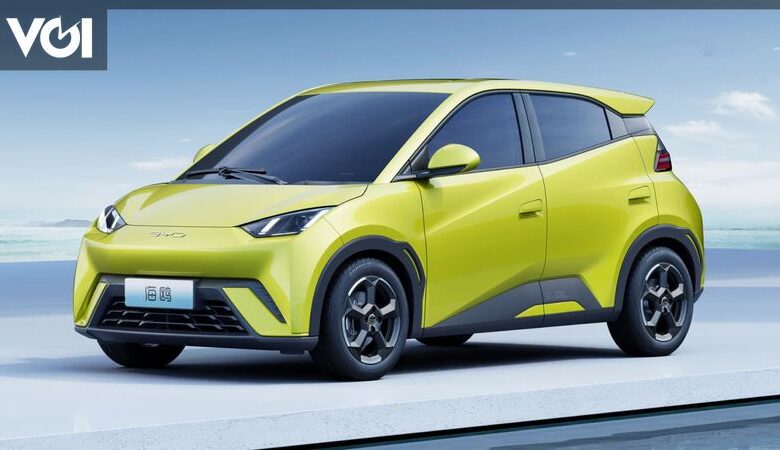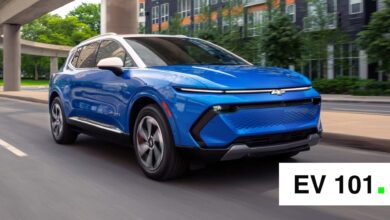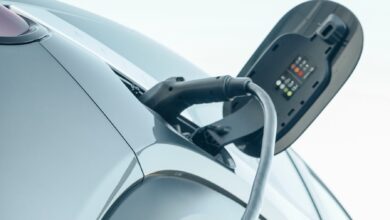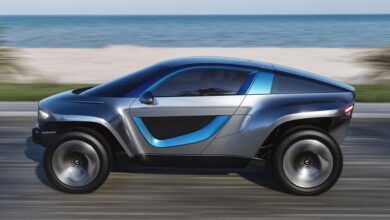European Union Will Imitate US Implement New Tariffs For Chinese Electric Cars, Reap Pros And Cons

JAKARTA – China’s dominance in the global electric vehicle market has raised concerns in many countries. The quality of electric car products from China is now able to compete and the price is more affordable.
Chinese automotive manufacturers, such as BYD, have ambitions to enter the European market by offering cheap but classy cars, such as the Seagull model. In China, Seagull sells for 69,800 yuan (around Rp160 million). If it enters Europe, the price is estimated to have doubled due to strict safety rules. However, this price is still considered affordable in the European market.
This phenomenon sparked concerns in Europe’s automotive industry, particularly in the electric vehicle segment, which is concerned that it will not be able to compete with Chinese manufacturers. European automotive companies claim that the large subsidies provided for domestic production allow Chinese manufacturers to keep prices at difficult levels to match.
Reporting from BBC International, Tuesday, June 11, manufacturers like BYD can produce cars at a cost of 25 percent lower than other global car manufacturers. This allows them to prepare to conquer the global market with advanced and low-cost electric vehicles.
To prevent this, the European Union is likely to emulate the United States (US) approach by setting tariffs for electric vehicles from China, but more proportionally. An expert from Schmidt Automotive Research, Matthias Schmidt, stated that the European Union should set a rate of less than 25 percent to reduce Chinese manufacturer profits by 30 percent without hindering innovation or competition.
“If the EU charges no more than 25 percent, it will equalize and reduce the cost gain by 30 percent owned by Chinese manufacturers,” Schmidt said.
However, this tariff-fixing plan was not well received by a number of major automotive manufacturers in Europe. Volkswagen CEO Oliver Blume warned that this tariff could be dangerous as it could trigger retaliation from Chinese manufacturers. BMW Group CEO Oliver Zipse argues that this decision is risky and there is no need for protection from China’s electric vehicle competition. Then, Mercedes-Benz CEO Ola Kallenius suggested that China’s electric vehicle import rates be lowered to encourage healthier competition.
Previously, the European Union launched an anti-subsidized investigation into imports of battery-based electric vehicles (BEVs) from China in October 2023. European Commission President Ursula von der Leyen accused Chinese electric vehicles imported of flooding Europe and distorting the automotive market.
The implementation of this tariff is the result of an official investigation which starts on October 4, 2023 and can take up to 13 months. The European Commission can impose temporary anti-subsidized duties nine months after the start of the investigation.
The European Commission has also warned three Chinese electric vehicle manufacturers that they have not provided sufficient information for an anti-subsidized investigation. Meanwhile, last month, the US government responded to the onslaught of electric vehicles from China by raising import rates for electric-powered cars from 25 percent to 100 percent. This move is part of efforts to reduce distribution from Chinese manufacturers.
Tag:
byd
mobil listrik
otoinfo



